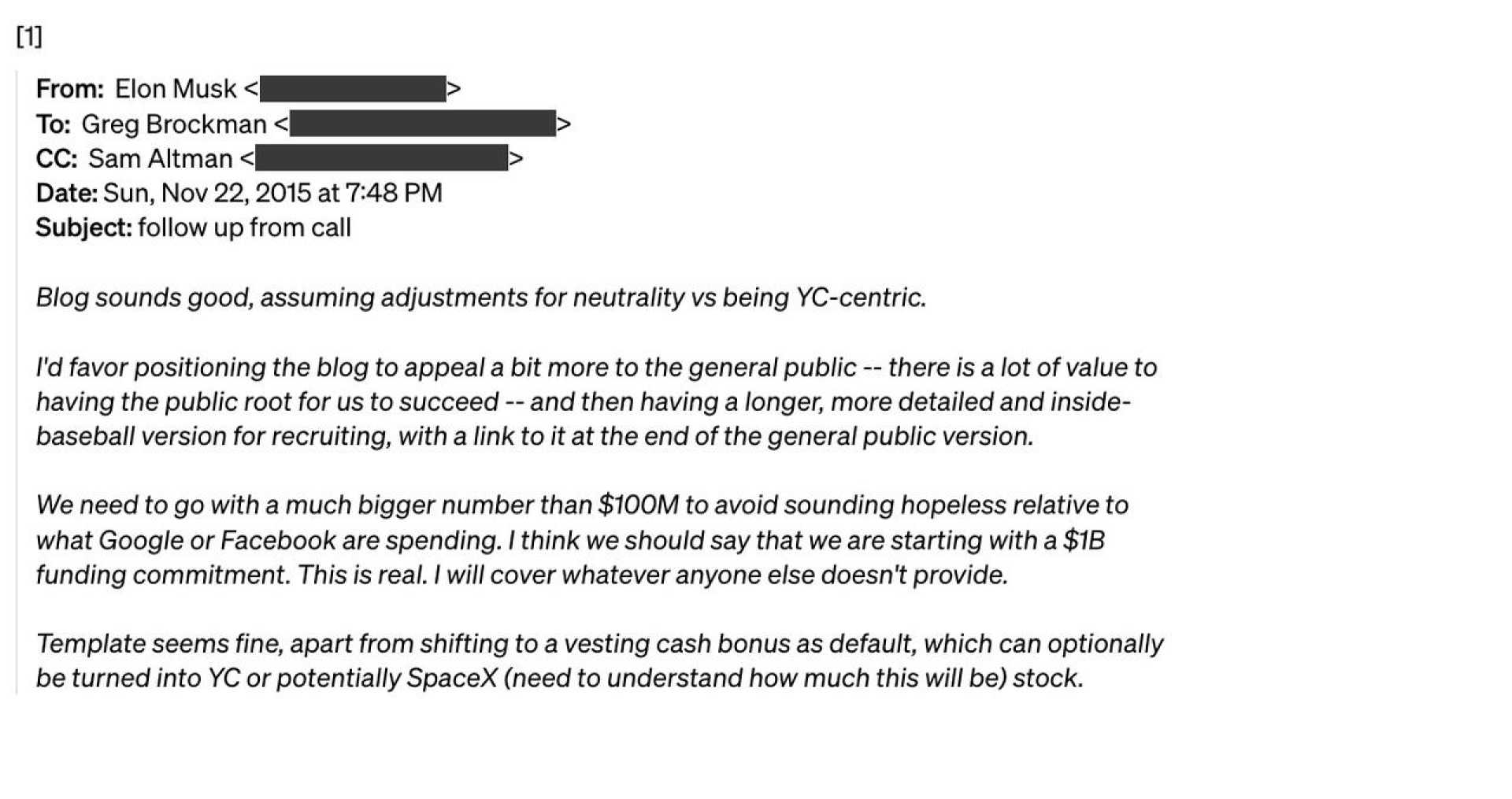Tech
Sam Altman and the Turbulent Early Days of OpenAI Revealed in Leaked Emails

Recent emails uncovered as part of a lawsuit involving Elon Musk and OpenAI have shed light on the tumultuous early years of the artificial intelligence company, particularly highlighting the roles and concerns of its co-founder, Sam Altman.
In emails dating back to 2015, Sam Altman expressed his thoughts on the inevitability of AI development and the importance of ensuring it was not controlled by a single entity, such as Google. Altman suggested that if AI was going to be developed anyway, it would be beneficial for someone other than Google to lead the effort, proposing that Y Combinator (YC) could initiate a “Manhattan Project for AI” with a nonprofit structure to ensure the technology benefited the world while compensating the developers.
By 2017, significant trust issues had emerged among the co-founders. Ilya Sutskever and Greg Brockman voiced concerns about Altman’s intentions and judgment, questioning whether his primary motivation was truly the development of Artificial General Intelligence (AGI) or if it was driven by other, possibly business-oriented, goals. They also expressed worries about Altman’s push for a more traditional enterprise SaaS model, which seemed to diverge from the original philosophical mission of OpenAI.
Elon Musk, another key figure in OpenAI’s early days, had his own set of concerns and conflicts. Musk was wary of DeepMind, a Google-owned AI company, fearing it could lead to an “AGI dictatorship.” He also showed strong opposition to a proposed partnership with Microsoft, describing the terms as making him “feel nauseous” and preferring to avoid any arrangement that would make OpenAI seem like Microsoft’s “marketing bitch”.
The emails further reveal that Sam Altman considered unconventional funding methods, including an initial coin offering (ICO), which was met with strong disapproval from Musk. Additionally, the transition of OpenAI from a nonprofit to a for-profit entity was a point of contention, with Open Philanthropy‘s Holden Karnofsky expressing dissatisfaction with the move.












